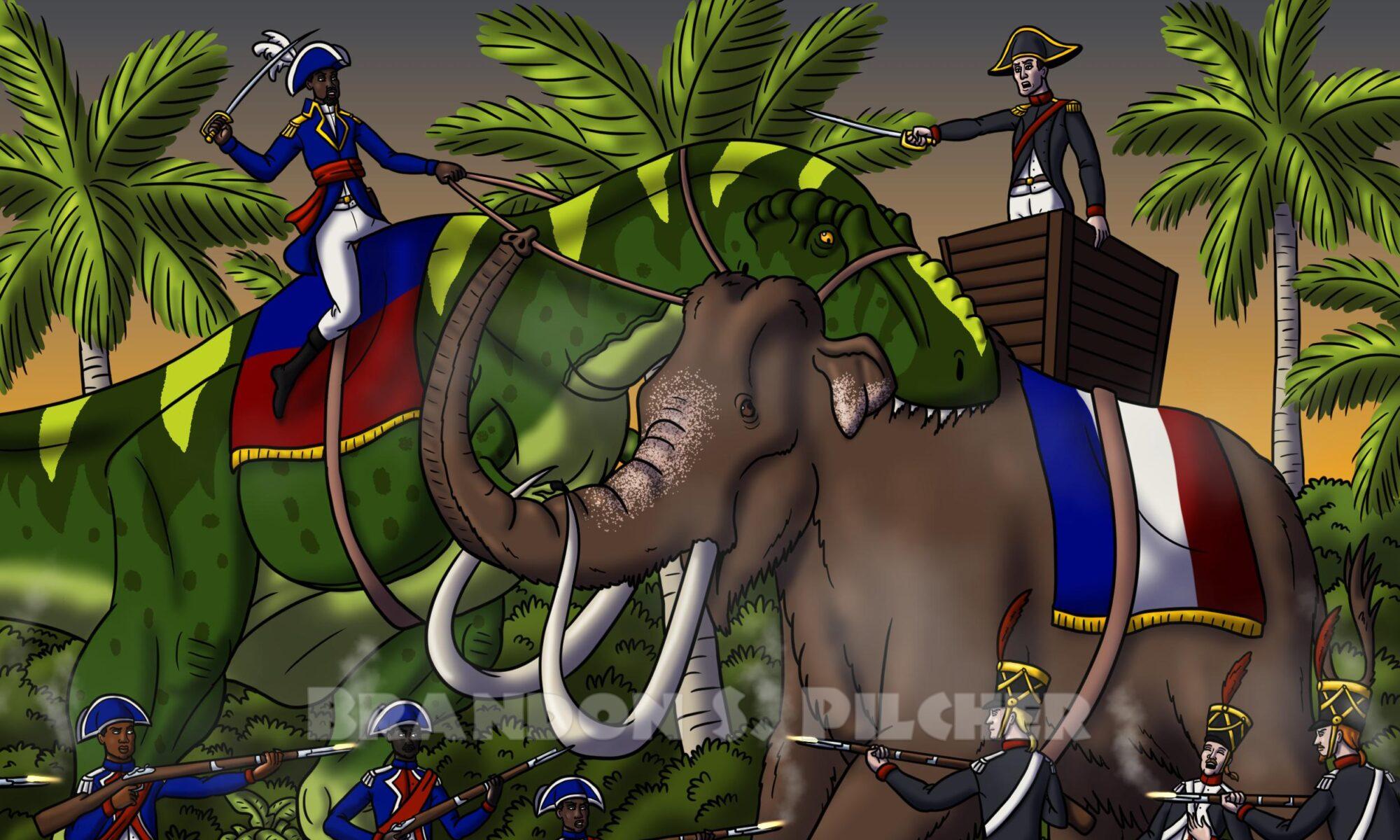Texas, 1875 A.D.
Penelope Jenkins held her brass-framed binoculars to her eyes and peered at the steamboat resting on the southeastern horizon. Even within the evening mist, the vessel’s blocky bright white form stood out against both the deep violet sky and the dark waters of the lower Trinity River, as did the lanterns that twinkled along its tiered decks. On the side of its hull read the words “The Lion’s Den” in thick black lettering.
Penelope could not resist a quiet snicker to herself. “If that ain’t his hideaway, I don’t know what would be.”
She dismounted her black stallion Ramses, hitched him to one of the oak trees that fringed the floodplain, and took out both her revolver and rifle from holsters attached to his saddle. Weaving her svelte figure through the thick reeds along the riverbank, she made sure to walk on tiptoes so that her boots wouldn’t squish too loudly in the mud.
The closer Penelope drew to the steamboat, the more audible was the vulgar banter and laughter of men on the bow of the boat’s uppermost deck. Amidst this played music like the squealing of a fiddle, the staccato twanging of a mandolin, and the buzzing of a harmonica. She could even catch a faint whiff of tobacco smoke mingling with the sweet scent of liquor. Whatever occasion these pirates were celebrating, they sure liked to party.
Looking through the binoculars again, she scanned the length and height of the ship for the likeness of the White Lion as she remembered it from his wanted poster. She could find him nowhere, not even among the noisy throng of revelers. Penelope recalled from the poster’s description that he had once been a gentleman of refined taste, so perhaps he would not associate with his own minions by dancing among them. He might have retired to one of the fancier cabins inside.
Regardless, Penelope’s plan from that point on was nothing elaborate. She would wade up to the steamboat’s stern, possibly climbing up its paddle wheel like a ladder, and sneak her way around until she found her prey and end his career of robbery and terror the way he deserved. In an ideal situation, she’d be able to accomplish all this and escape before the Lion’s men knew what hit them, but failing that…well, a few drunken pirates couldn’t be too difficult to take on or evade. Could they?
Something ice-cold and metallic prodded the dark brown skin on the back of Penelope’s neck.
Continue reading “White Lion of the Trinity River”
